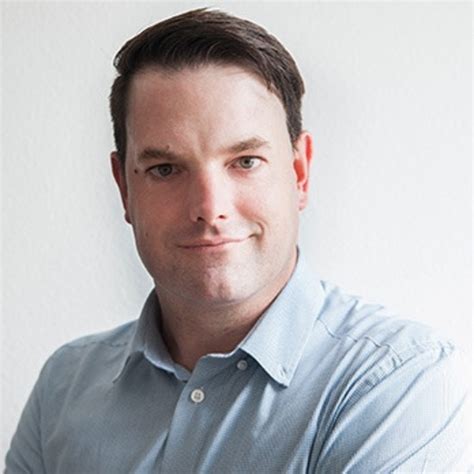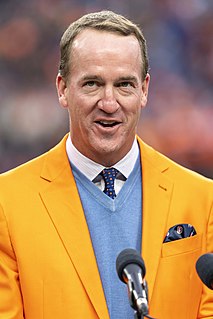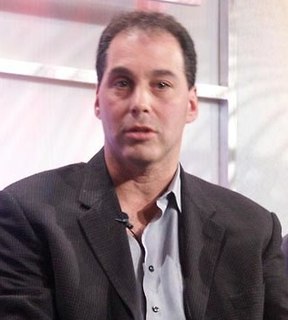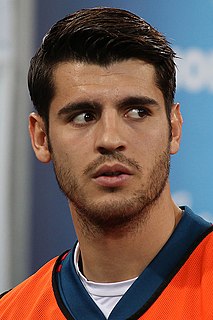A Quote by Brock Pierce
Facebook has revolutionized social games, as friends can see your points, achievements and in game events.
Related Quotes
Somewhere in your house is a game that could use a good beating. Pick it up. Play to the end. Get all the achievements/trophies out of it. So you've maxed out all your points. Play it again at a harder difficulty. Do something. It's startling the number of games people own but haven't beaten for one reason or another.
Facebook has never been merely a social platform. Rather, it exploits our social interactions the way a Tupperware party does. Facebook does not exist to help us make friends, but to turn our network of connections, brand preferences and activities over time - our 'social graphs' - into money for others.


































